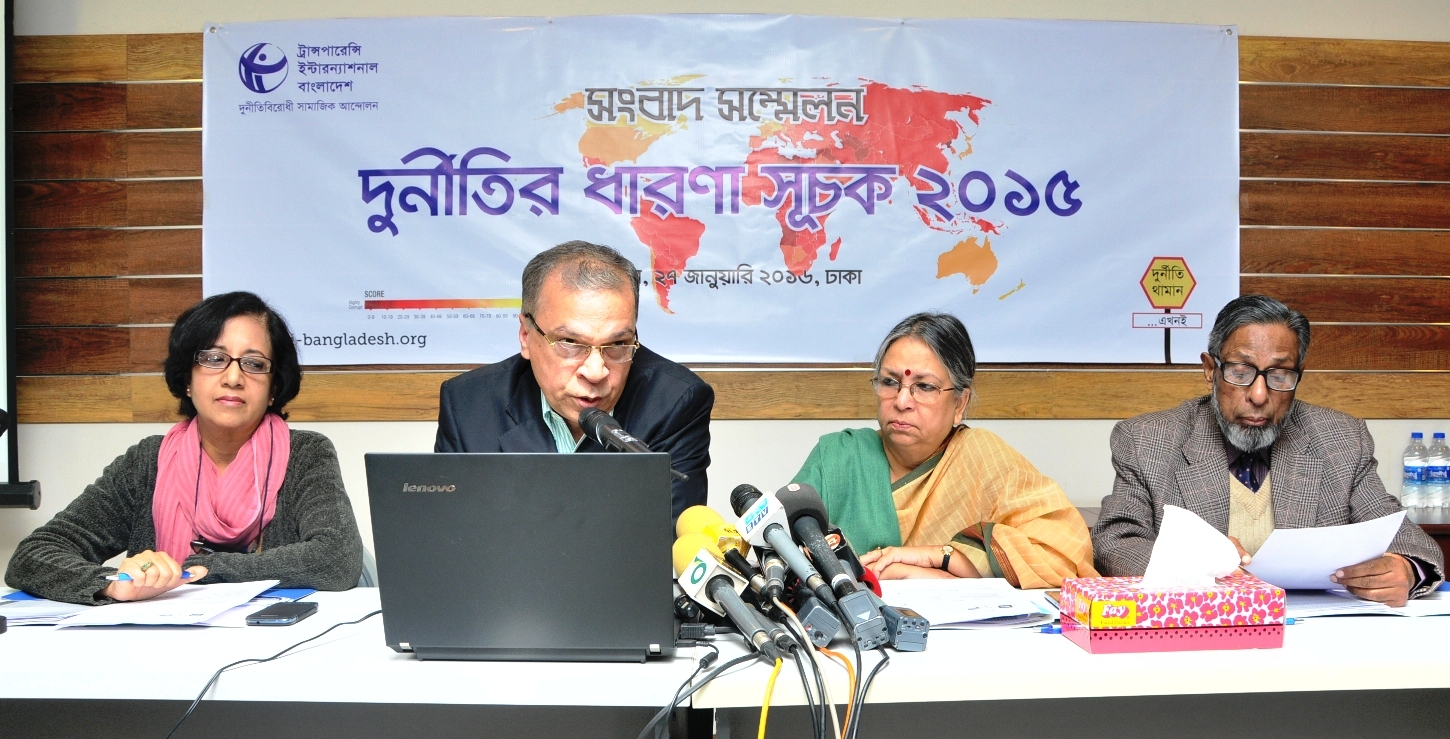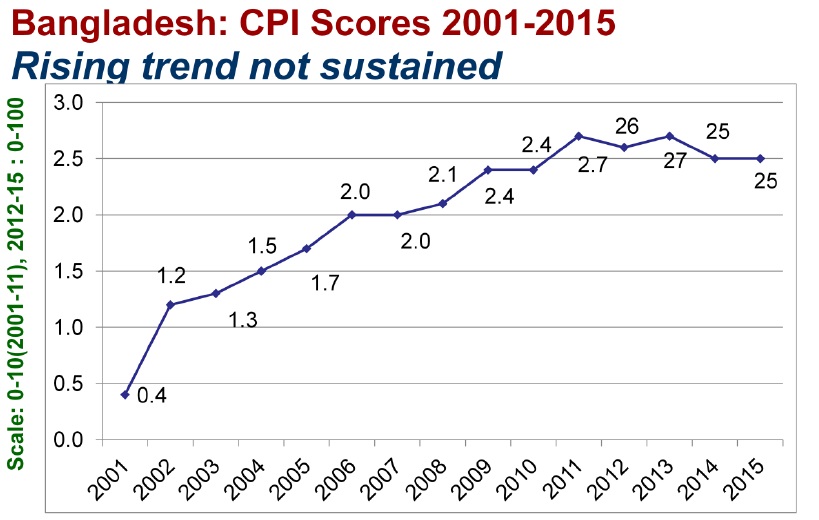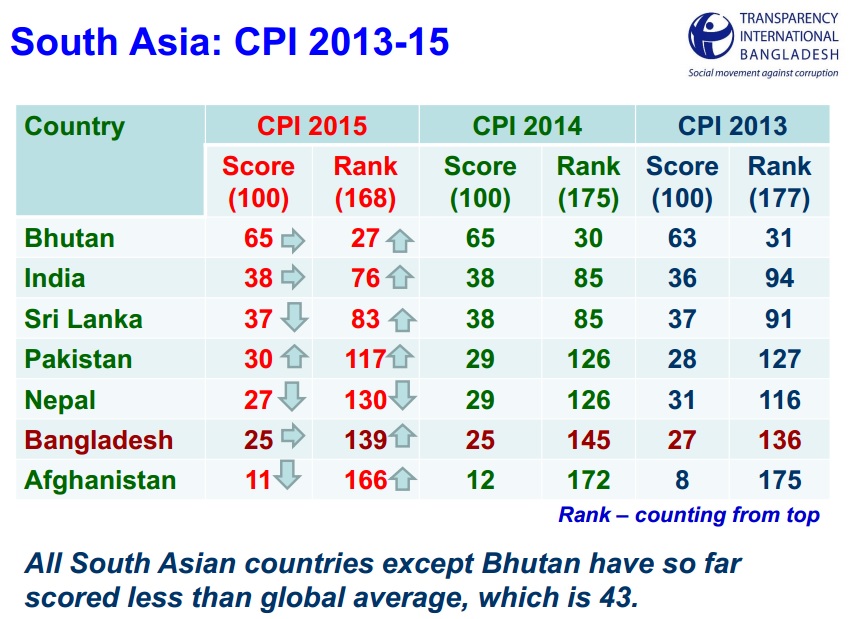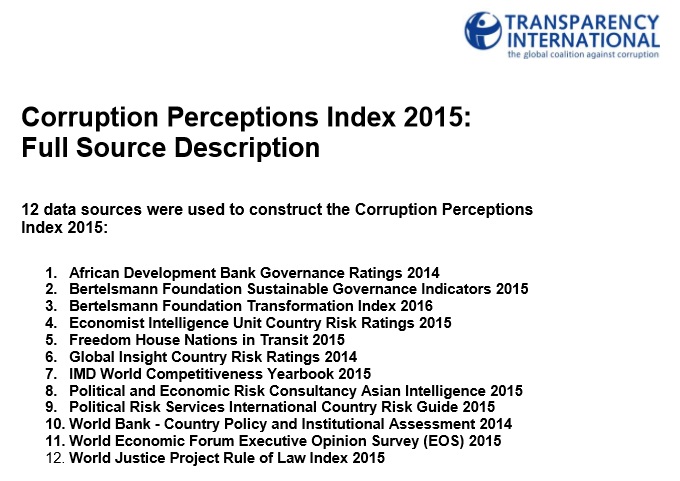Published: 27 January 2016


Published: 27 January 2016
 Releasing TI’s CPI 2015 findings through a press conference in its Dhanmondi office this morning, TI-Bangladesh’s (TIB) Executive Director Dr. Iftekharuzzaman stressed that strong political will to fight corruption is a must and institutions of accountability and rule of law must be allowed to function independently and effectively free from partisan influence. Conducive environment must be created_at for people at large, particularly media, civil society, and NGOs to raise and strengthen the demand for accountability.
Releasing TI’s CPI 2015 findings through a press conference in its Dhanmondi office this morning, TI-Bangladesh’s (TIB) Executive Director Dr. Iftekharuzzaman stressed that strong political will to fight corruption is a must and institutions of accountability and rule of law must be allowed to function independently and effectively free from partisan influence. Conducive environment must be created_at for people at large, particularly media, civil society, and NGOs to raise and strengthen the demand for accountability.


Copyright © 2025 Transparency International Bangladesh